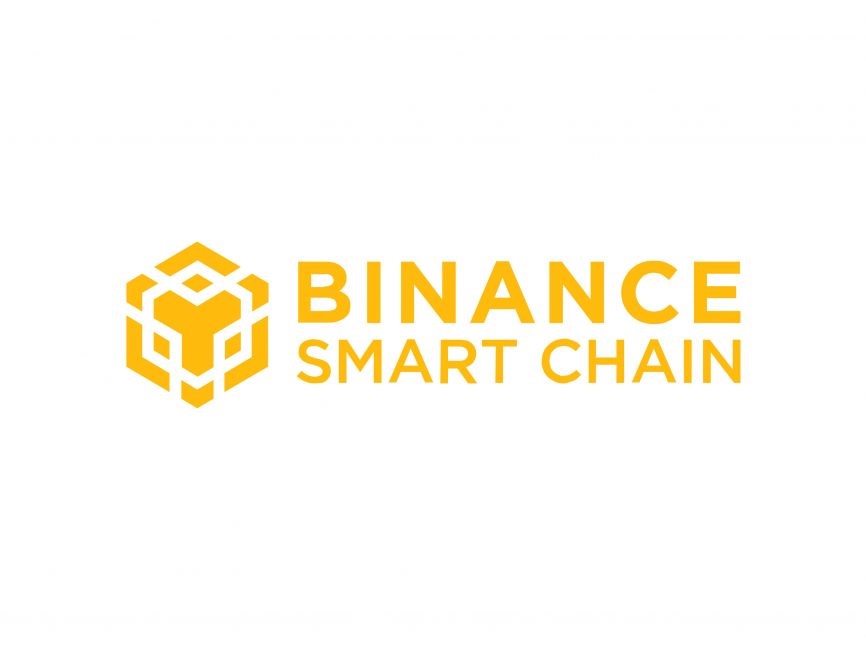Binance Smart Chain (BSC) is a blockchain network that was designed to support decentralized applications (dApps) and smart contracts. One important aspect of deploying and running a Binance Smart Chain node is choosing the right node deployment service. A node deployment service is a company that offers access to Binance Smart Chain nodes through APIs, which can be used by dApps to interact with the network.
Using a Binance Smart Chain node deployment service can offer a number of benefits, including simplified deployment and management, increased scalability, and reduced infrastructure costs. However, it's important to follow best practices when using a Binance Smart Chain node deployment service to ensure that your dApp operates efficiently and securely.
- Choose a reliable and reputable node deployment service
The first and most important step in using a Binance Smart Chain node deployment service is choosing a reliable and reputable provider. Look for providers with a proven track record of reliability and security, and consider reading reviews and testimonials from other users to get a sense of their experiences.
- Optimize node configurations
Binance Smart Chain nodes can be configured in a number of ways, including the number of threads and cores, the amount of memory allocated, and the storage capacity. It's important to optimize node configurations to ensure that they are tailored to the specific needs of your dApp. This can help reduce costs and improve performance.
- Monitor node performance
Monitoring node performance is essential for identifying potential issues and addressing them before they become more serious. This can include monitoring metrics such as CPU usage, memory usage, and disk space, as well as monitoring network traffic to ensure that nodes are not being overwhelmed by requests.
- Use load balancing and failover
Load balancing and failover are important techniques for ensuring high availability and reliability for your dApp. Load balancing can help distribute traffic across multiple Binance Smart Chain nodes, which can help ensure that no single node is overloaded. Failover can help ensure that your dApp can continue to operate even if one or more Binance Smart Chain nodes go down.
- Implement security best practices
Security is a critical concern when using any blockchain network, and it's especially important when using a Binance Smart Chain node deployment service. Make sure that you follow security best practices, such as using strong passwords, enabling two-factor authentication, and keeping software up-to-date. Additionally, consider implementing security measures such as encryption and firewalls to protect your Binance Smart Chain nodes from potential attacks.
- Keep up-to-date with the latest developments
Binance Smart Chain is a rapidly evolving technology, and it's important to stay up-to-date with the latest developments in order to take advantage of new features and capabilities. This can include reading documentation and blogs from the Binance Smart Chain team, attending conferences and meetups, and engaging with the community through social media and other channels. Web3 Infrastructure company helping enterprises and Blockchain startups build, deploy and manage reliable web3 infrastructure.
- Consider using a managed Binance Smart Chain node deployment service
Managed Binance Smart Chain node deployment services can offer a number of benefits, including simplified deployment and management, increased scalability, and reduced infrastructure costs. Additionally, managed services can provide access to advanced features such as load balancing, failover, and automatic scaling.
Conclusion
Using a Binance Smart Chain node deployment service can offer a number of benefits, but it's important to follow best practices to ensure that your dApp operates efficiently and securely. By choosing a reliable and reputable provider, optimizing node configurations, monitoring node performance, using load balancing and failover, implementing security best practices, keeping up-to-date with the latest developments, and considering using a managed deployment service, you can help ensure the success of your dApp on the Binance Smart Chain network.


No comments yet